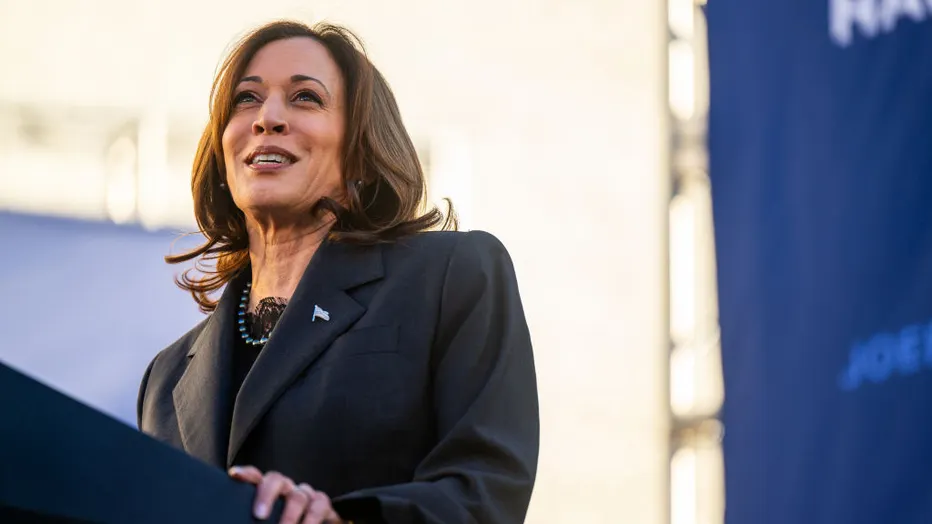Vice President Kamala Harris recently reiterated her position on non-incarceration for marijuana use, sparking a wave of criticism due to her contrasting stance as the former district attorney of San Francisco. During her tenure, Harris oversaw the conviction of nearly 2,000 individuals for cannabis-related offenses, according to a report from Mercury News.
In a roundtable discussion marking Second Chance Month, Harris highlighted the Biden administration’s efforts to expand access to Pell grants and small business loans for individuals with criminal histories, particularly those with marijuana-related offenses. She emphasized the administration’s commitment to pardoning federal convictions for simple marijuana possession, stating, “I just don’t think people should have to go to jail for smoking weed, and these pardons have been issued as an extension of that approach.”
The Vice President’s remarks have drawn scrutiny, with critics pointing out the apparent inconsistency between her current advocacy for marijuana reform and her prosecutorial record. Social media responses were swift, with notable criticisms on platforms like X (formerly Twitter), where users accused Harris of hypocrisy.
The discussion comes amid reports from Forbes that the Drug Enforcement Agency is considering reclassifying marijuana from a Schedule I to a Schedule III controlled substance, which would reduce regulatory barriers associated with its use and research.
The backlash against Harris’s comments reflects broader dissatisfaction with perceived contradictions in her and President Joe Biden’s positions on key issues, highlighting a growing demand for accountability and consistency in political leadership.
As debates over drug policy reform continue, the spotlight on Harris’s evolving stance on marijuana underscores the complex interplay between past roles and present responsibilities in shaping public policy.

